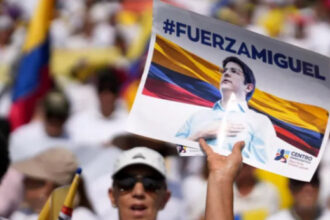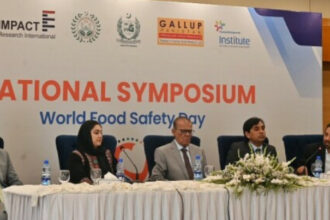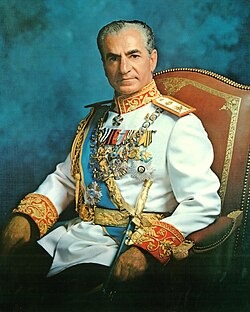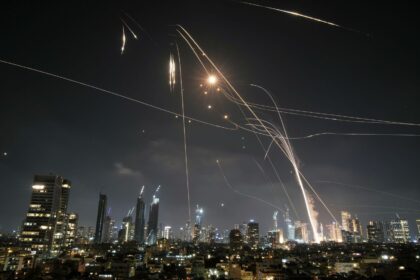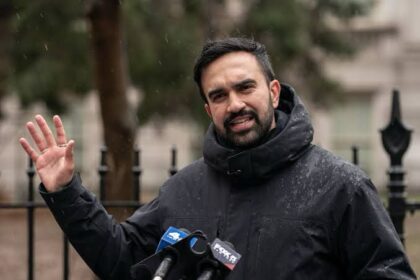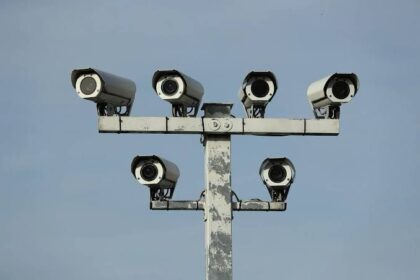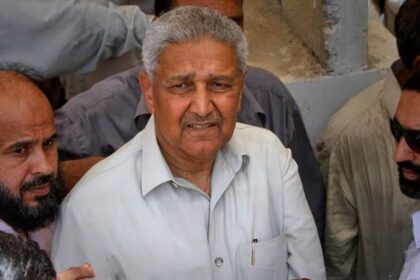Iran is a state that never faced colonialism; however, it couldn’t survive the informal imperialism that marked the decline of its state. This advent started out with the beginning of the 19th century, especially with the establishment of the Anglo-Persian Oil Company (APOC). The seizure of the liberty and independence of state affairs by this controversial organisation led to economically crippling the state and simultaneously usurping the power of the people. Since this company was highly successful, refining 120,000 tonnes of oil in 1912 alone, history records suggest that the government of Iran only received a mere 12 per cent of the annual profit generated.
Muhammad Mossadegh’s reign:
A leader soon rose to power to put a stop to such exploitation. As Mohammad Mossadegh became the prime minister, he brought in nationalism, turning all the industries in the country owned by people into state-owned. This power move assisted in retaining the control of major industries. As much as such measures were appreciated among the masses, they were greatly disapproved by the stakeholders of organisations such as APOC. Such instances further led to a coup d’état, reportedly spearheaded by American and British governments, leading to the ouster of Mohammad Mossadegh from the political scenario, replacing him with Mohammad Reza Pehlavi, more commonly known as the Shah of Iran.
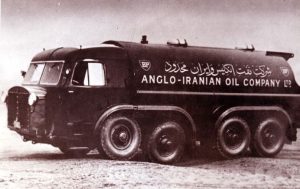
Iran under Mohammad Pehlavi:
Shah’s regime resulted in an oil boom and the construction of extensive infrastructure, along with many other agricultural and educational developments. However, this regime also had a dark side to which many Iranians fell prey. Shah’s reign was afflicted with different kinds of corruption along with compromised autonomy as a result of no elections during his reign. To top it off, he created a secret agency, SAVAK, which was covertly a national police but, in reality, aimed at suppressing autonomy and opposition against the Shah’s regime.
SAVAK’s origin:

Formed in 1957, the initial scope of such an organisation was reduced to targeting communists and leftists; however, with time, it grew and acted as the Shah’s personal force against any opposition regarding his regime.
SAVAK’s impact:
Approximately 100,000 people have been reportedly killed by SAVAK and countless others tortured. Being especially famous in this regard, Evin Prison was known for the detainment, torture, and execution of the political prisoners. Moreover, torture methods were also specially designed. Such was the case with the Apollo method, in which victims were seated on a chair with a metal bucket attached to their heads to amplify their screams. Then cables were whipped on the soles of the feet. Many other methods, such as waterboarding, flogging with cables, and metal cages, were also very common among SAVAK’s work.
SAVAK TO SAVANA:
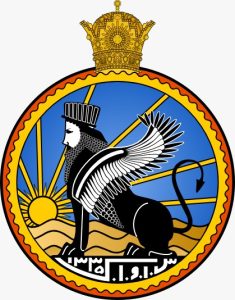
As signs of another revolution started to roll in, this time headed by Khomeini, SAVAK finally came to an end when Pehlavi’s monarchy was over, or at least, that was the belief of the people at that time. However, the truth was much crueller. Stated by Imam Gourdezi, a documentary filmmaker, SAVAK had eleven divisions, out of which only one was dismantled after the Shah’s ouster. The rest remained intact, pledging allegiance to Imam Khomeini, giving rise to another similar organisation, SAVAMA. SAVAMA was known to have repurposed the intelligence, counterintelligence, and technical surveillance units of SAVAK, according to an article by NCRI. Moreover, SAVAMA included controversial reports where they were alleged to be involved in international assassinations, with the UN Human Rights Commission 1993 report accusing it of orchestrating various assassinations abroad.
The scars of SAVAK still run deep in many Iranians. Noted as one of the most feared organisations in the history of Iran, it marks a dreadful reality where freedom of speech is met with gruesome torture, where opposition leads to detainment, and where even having a political opinion is a crime. Such instances may prove to be the death of a state. It is to be noted that muffling voices does not silence them but only makes them louder and more heard.


